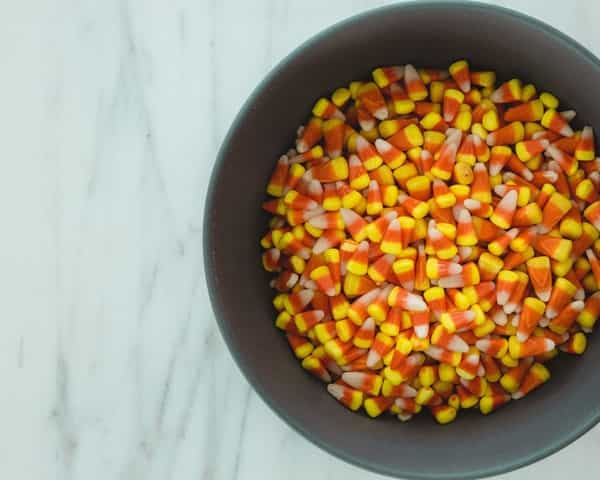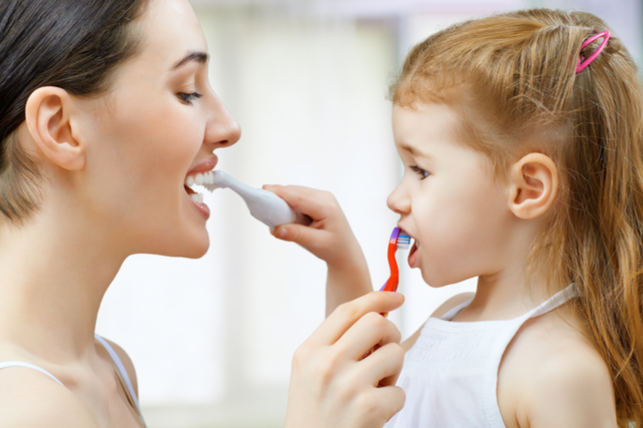Your children have probably made their winter holiday wish list very well known to you, but they probably haven’t asked for gifts that can improve their oral health. With that in mind, here are our favorite holiday gifts for healthy teeth.
An Electric Toothbrush
Electric toothbrushes are handy tools for teeth of all ages, and can make brushing fun for young children. Most electric toothbrushes also feature timers, which can help ensure that children brush for the recommended two minutes per session. Additionally, many electric toothbrushes feature a pressure sensor that helps kids limit how hard they are brushing to prevent upsetting or damaging their gums. An electric toothbrush is an excellent Christmas gift for young brushers that can help take their brushing to the next level.
A Mouth Guard for Spring Sports
Mouth guards – sometimes called mouth protectors – work by helping cushion a blow to the face, and minimizing the risk of breaking teeth, or lacerating a lip, tongue or cheek. The CDC estimates that more than 3 million teeth are knocked out at youth sporting events. Mouth guards work to prevent tooth loss and other facial injuries. Mouth guards come in all shapes and sizes, so visit our office and ask which type of mouth guard works best for your young athlete. Mouth guards make great stocking stuffers, and most are adequate for any sport your child can play.
Oral Health Travel Kit
Is your family traveling this winter holiday? If so, it’s important to prepare your family with individual oral health travel kits. A travel-sized mouth care kit will encourage your children to keep taking care of their teeth while away from home and the familiarity of their bathroom. We suggest buying a small toothpaste, mouthwash, and floss for each family member on the trip. You can pack your dental travel kit on top of your clothes so that it’s the first thing you see when you get to your destination. We also suggest making sure you make time for your family to take care of their teeth while on vacation.
Fun Oral Health Book For Kids: What to Expect When You Go to the Dentist
A lot of children experience quite a bit of anxiety when they first visit the dentist, and this book seeks to help with that. “What to Expect When You Go to the Dentist” teaches children about the dentist’s job, and helps children overcome their fear of visiting the dentist. This book does a great job of explaining dental tools, and the importance of regular dental checkups, and makes for an excellent Christmas gift or stocking stuffer.
Visit Our Office This Holiday Break
The winter holiday break is a great time to schedule your child for a routine checkup in our office. Visiting our office during the holidays is a great way to get their appointment in without interfering during their busy school schedule.















